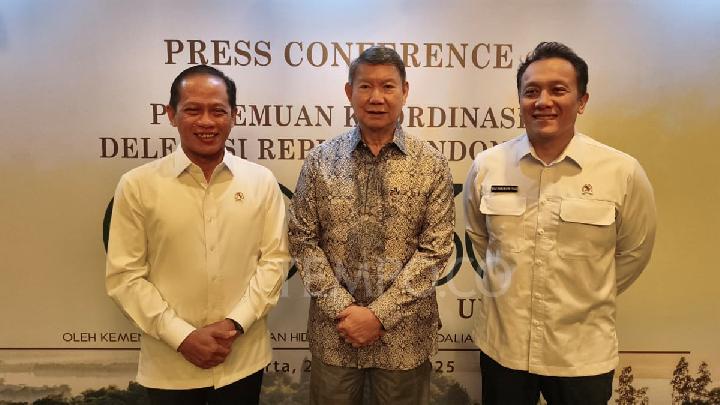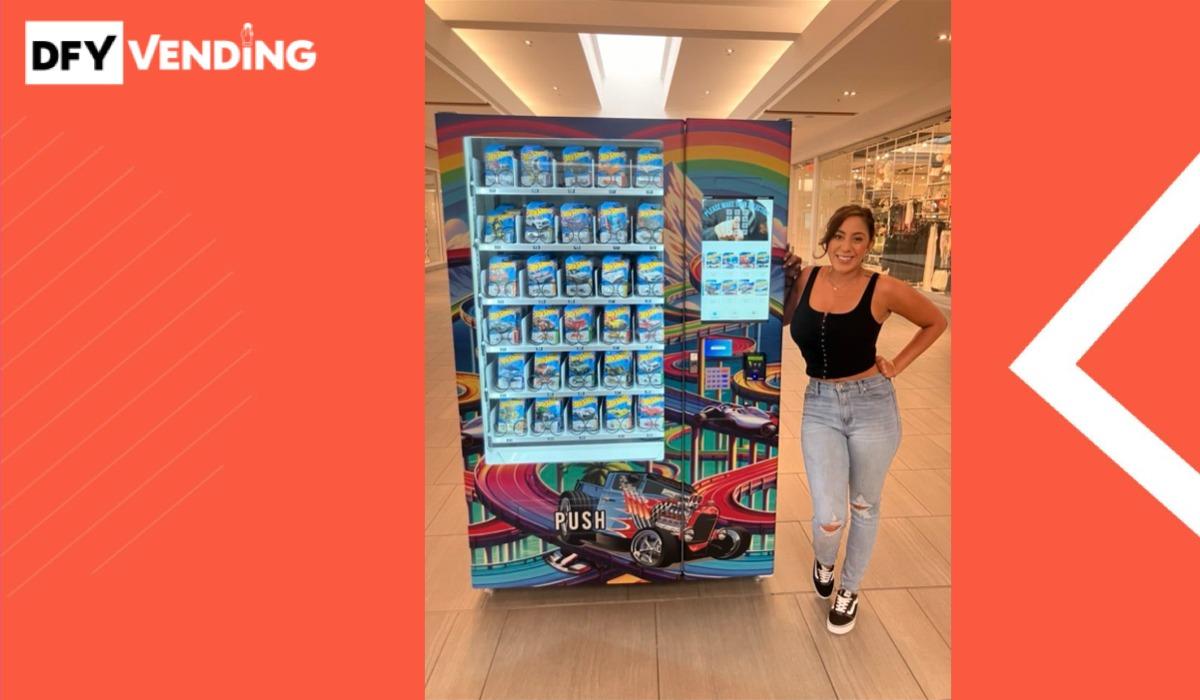Copyright tempo

TEMPO.CO, Jakarta - Indonesia's Environment Minister Hanif Faisol Nurofiq said Indonesia will send a 450-member delegation to the 30th United Nations Climate Change Conference (COP30) in Belém, Brazil.The figure marks a significant reduction from last year’s COP29 in Azerbaijan, which saw more than 1,200 Indonesian participants.“Our records show that Indonesia’s delegation at that time reached over 1,200 people,” Hanif said during a press briefing at The Ritz-Carlton Hotel, Jakarta, on Wednesday, October 29, 2025.Hanif noted that most of this year’s delegates come from the business sector. In addition to himself, the ministers for Forestry and for Maritime Affairs and Fisheries will also attend. The delegation is scheduled to depart for Brazil on November 2.According to Hanif, COP30 presents a crucial opportunity for the global community to accelerate real action in tackling the climate crisis.“The world today faces three planetary challenges, like climate change, biodiversity loss, and pollution and waste,” he said.The conference, which runs from November 10 to 21, will include a series of diplomatic and technical discussions among government officials, corporations, and non-governmental organizations (NGOs). It will also host meetings between carbon sellers and buyers.“Carbon trading in Indonesia is entering a new phase of development, supported by regulations and ambitious transaction targets,” Hanif said.This year’s COP will also mark the 10th anniversary of the Paris Agreement, a landmark global commitment to limit the rise in average global temperature to below 1.5 degrees Celsius above pre-industrial levels. Hanif acknowledged, however, that progress so far has fallen short of achieving that target.Meanwhile, Presidential Envoy for Climate and Energy Hashim Djojohadikusumo confirmed that Indonesia has submitted its Second Nationally Determined Contribution (NDC) document to the UNFCCC Secretariat.The submission outlines Indonesia’s updated commitment to reducing greenhouse gas emissions.“This Second NDC is the result of compromise. No one gets everything they want. It reflects the government’s efforts to accommodate diverse aspirations,” Hashim said.The Second NDC, which covers the 2031 to 2035 period, sets out two emission reduction pathways: low and high ambition, depending on economic growth rates.The low-ambition scenario assumes growth of 6 percent in 2030 and 6.7 percent in 2035, while the high-ambition scenario projects 8 percent growth in 2029.Using 2019 as the baseline year, when emissions stood at 1,145,036.69 tons of CO2e, Indonesia’s emissions are projected to reach 1,345,706.59 tons in 2030 and 1,257,717.38 tons in 2035 under the low-ambition scenario.Under the high-ambition model, emissions are forecast at 1,491,473.99 tons in 2030 and 1,488,865.59 tons in 2035.These projections, Hanif said, remain aligned with the Paris Agreement and do not represent any regression from Indonesia’s Enhanced NDC targets for 2022–2030.Under those targets, Indonesia committed to reducing emissions by 31.89 percent through domestic efforts and up to 43.20 percent with international support, equivalent to 1.7 gigatons of CO2e reductions by 2030.Editor’s Choice: 18-Year-Old Founders' AI Startup Videotto Raises Seed Funding from East VenturesClick here to get the latest news updates from Tempo on Google News



